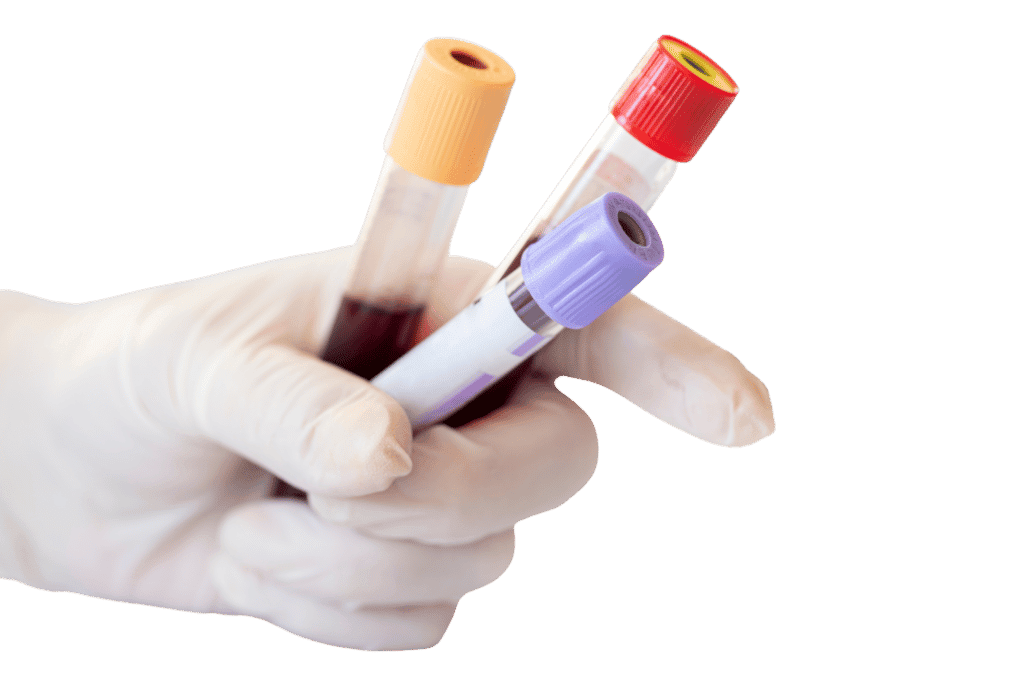Blood test in Dubai are an essential tool used by healthcare professionals to assess a person’s overall health and diagnose various medical conditions. By analyzing different components of the blood, these tests provide valuable insights into the functioning of organs, nutrient levels, immune system response, and much more. In this comprehensive guide, we will explore the different types of blood tests commonly conducted, their purposes, and what they can reveal about your health.
Different Types of Blood Tests
Blood tests are an integral part of medical diagnosis and monitoring. They provide crucial information about a person’s health status and aid in the detection and management of various conditions. Here are some of the different types of blood tests commonly conducted:
Complete Blood Count (CBC)
The Complete Blood Count, or CBC, is one of the most common blood tests performed. It examines the various components of the blood, including red blood cells, white blood cells, and platelets. The CBC can provide information about your overall health status and help detect conditions such as anemia, infection, or bleeding disorders.
Basic Metabolic Panel (BMP)
The Basic Metabolic Panel, or BMP, measures different substances in the blood, including electrolytes, glucose, and kidney function markers. This test helps evaluate your body’s fluid balance, kidney health, and blood sugar levels. The BMP is often used to monitor chronic conditions like diabetes and kidney disease.
Lipid Profile
The Lipid Profile measures the levels of cholesterol and triglycerides in your blood. High levels of these fats can increase the risk of cardiovascular diseases such as heart attacks and strokes. By assessing your lipid levels, healthcare professionals can recommend lifestyle changes or medications to help manage your cardiovascular health.
Liver Function Tests (LFTs)
Liver Function Tests, or LFTs, are a group of blood tests that assess the health and functioning of the liver. These tests measure enzymes, proteins, and other substances that indicate liver damage or dysfunction. LFTs can help diagnose liver diseases such as hepatitis, cirrhosis, or fatty liver disease.
Thyroid Function Tests
Thyroid Function Tests evaluate the performance of the thyroid gland, which plays a crucial role in regulating metabolism, energy levels, and growth. These tests measure hormone levels such as T3, T4, and thyroid-stimulating hormone (TSH). Thyroid Function Tests are used to diagnose conditions like hypothyroidism (underactive thyroid) or hyperthyroidism (overactive thyroid).
Coagulation Panel
The Coagulation Panel, also known as a clotting profile or PT/INR test assesses the blood’s ability to clot properly. It measures factors responsible for the clotting process and helps monitor conditions like deep vein thrombosis, hemophilia, or liver disease. The Coagulation Panel is also essential before surgeries or when taking blood-thinning medications.
Blood Glucose Test
The Blood Glucose Test measures the level of glucose (sugar) in your blood. It is commonly used to diagnose and monitor diabetes, a chronic condition characterized by high blood sugar levels. The test involves fasting or consuming a glucose solution, followed by blood samples taken at specific intervals to assess how your body processes glucose.
Infectious Disease Screening
Blood tests are crucial in screening for infectious diseases such as HIV, hepatitis, and syphilis. These tests detect antibodies or antigens produced by the body in response to infections. Early detection and treatment of infectious diseases are vital for preventing their spread and managing their effects on your health.
Conclusion
Blood tests play a vital role in diagnosing and monitoring various medical conditions. The different types of blood tests discussed in this comprehensive guide provide valuable insights into your overall health, organ function, nutrient levels, and disease risks. By understanding the purposes and significance of these tests, you can work with your healthcare provider to take proactive steps toward maintaining your well-being and managing any existing health conditions effectively. Regular blood tests can be an essential tool in your journey toward a healthy life.
Take Charge of Your Health: Schedule Your Blood Tests with Reliable Testing Today!
Don’t wait another day to take control of your health. Choose Reliable Testing for your blood tests and embark on a journey towards better well-being. Our commitment to accuracy and reliability ensures that you receive trustworthy results that you can rely on. With our comprehensive test menu, we cover a wide range of health aspects, providing you with a holistic understanding of your body.
You won’t have to wait long for answers, as our fast turnaround times ensure timely results. We prioritize your convenience and accessibility by offering multiple testing centers in convenient locations. Make your health a priority and schedule your blood tests with Reliable Testing today.
Take that important step towards proactive health management and gain the knowledge you need to make informed decisions about your well-being. Don’t wait until symptoms appear or conditions worsen. By getting regular blood tests, you can detect potential health concerns early and take appropriate action.
Trust Reliable Testing to be your partner in maintaining a healthy and fulfilling life. Contact us now to schedule your blood tests and unlock the power of knowledge for a healthier future.

